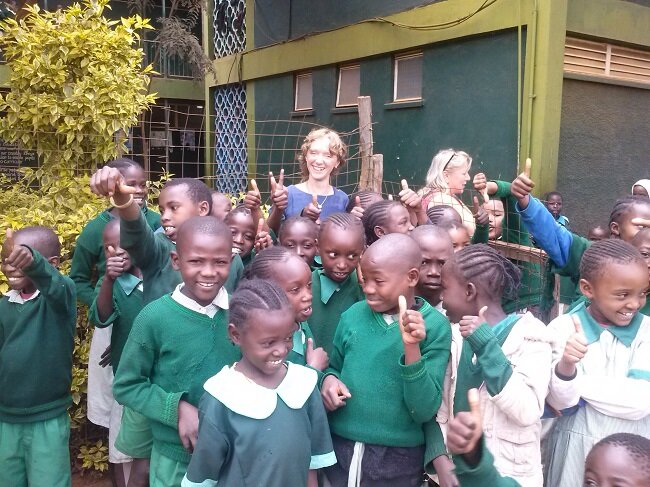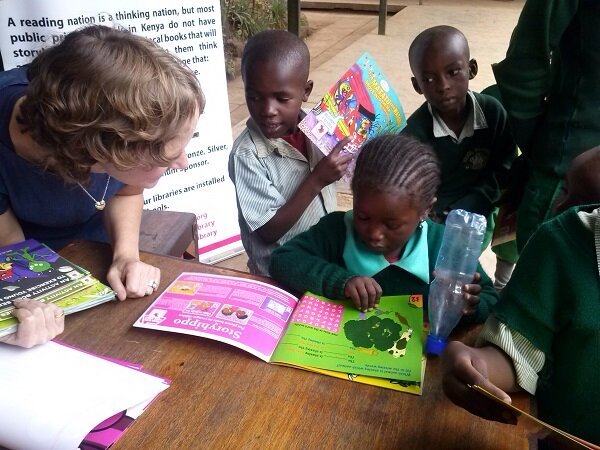One man stood up and shouted at the top of his voice, desperate to alert the world at large about the horrors of ethnic genocide in Darfur. He had little hope that his words and actions would have much impact. Still, he kept sending reports – every day – to the UN headquarters in New York, about the atrocities taking place in the Sudan.
Mukesh Kapila was a senior UN representative who turned into a whistleblower when he found himself deep inside a crisis few of us would know how to deal with. In a conversation with Alice Wyllie since published in Scotsman.com, Kapila describes his encounter with Aisha, a woman from a town named Tawila, who was gang-raped in full view of her family. This woman’s testimony gave Kapila the courage to keep lobbying even though he was continually met with a ‘wall of silence’.
After all official avenues had been exhausted, Mukesh Kapila stepped into the studios of the BBC and gave the ‘interview of his life’. And from there, he kept talking until people listened. Unfortunately, this was also the beginning of the end of his career with the UN.
Since then, Mukesh Kapila has moved on to become Professor of Global Health and Humanitarian Affairs at the University of Manchester. He is also Special Representative of the Aegis Trust for the prevention of crimes against humanity, and Chair of Minority Rights Group International.
His book “Against a Tide of Evil”, published by Mainstream (Random House Group) was released in March 2013.
On Saturday 21st September, at 11am at the Louis Leakey Memorial Hall, Nairobi National Museum, Mukesh Kapila will deliver the Wangari Maathai Memorial Lecture.
The title of his lecture is: Why are we Cruel?
The Memorial Lecture is part of the 4-day Storymoja Hay Festival[September 19-22, 2013].




